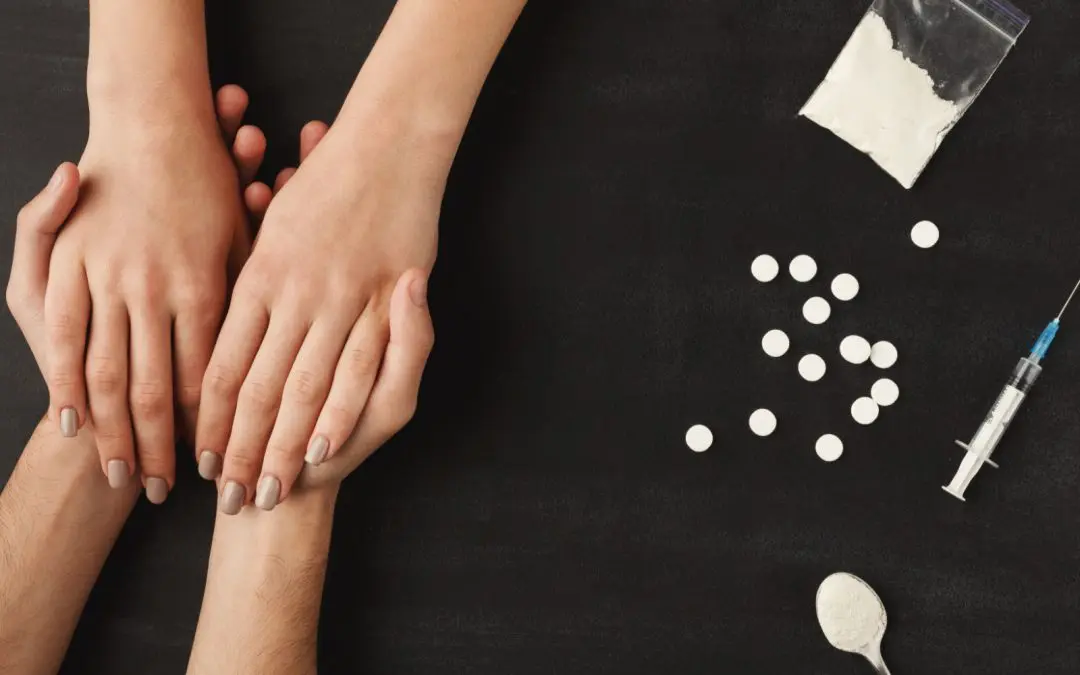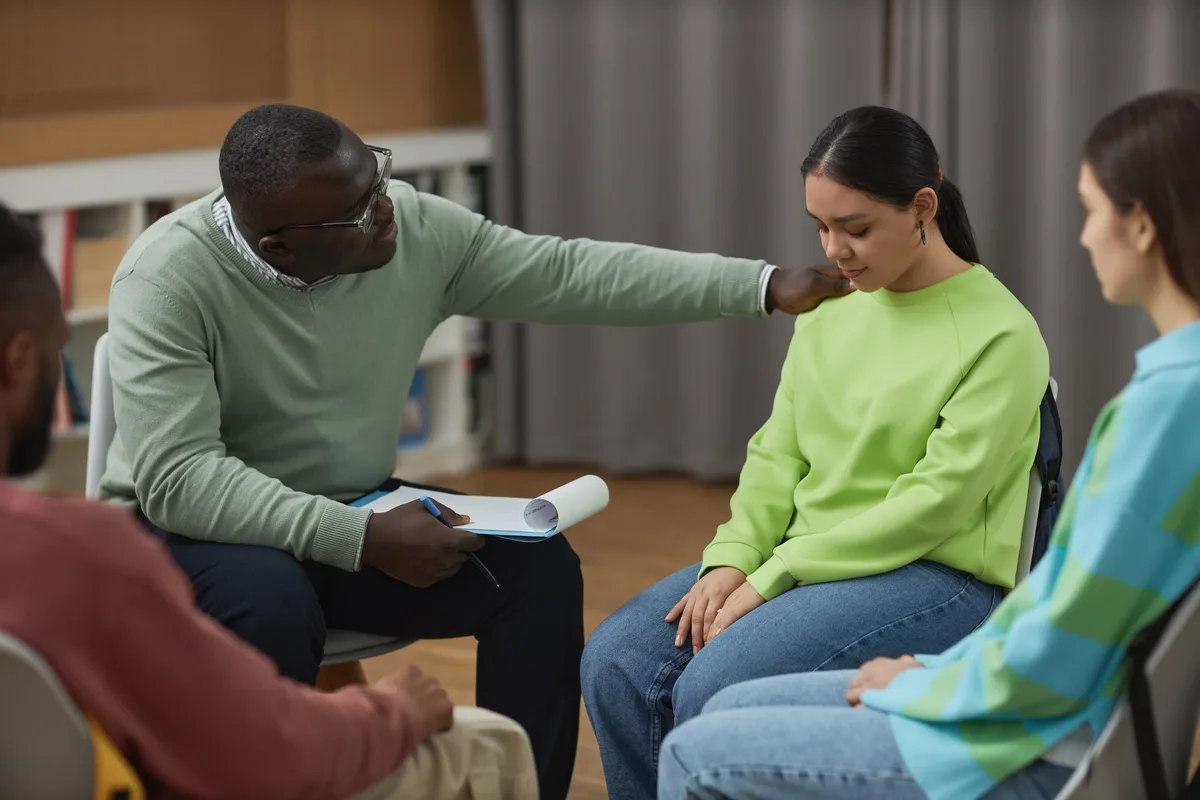24/7 Helpline:
(866) 899-111424/7 Helpline:
(866) 899-1114
Learn more about PTSD Treatment centers in Leonard
PTSD Treatment in Other Cities

Other Insurance Options

American Behavioral

Optima

Medical Mutual of Ohio

MVP Healthcare

Optum

Horizon Healthcare Service

Health Partners

Molina Healthcare

Private insurance

Magellan

Choice Care Network

Covered California

Kaiser Permanente

Access to Recovery (ATR) Voucher

Absolute Total Care

BlueShield

Self-pay options

BHS | Behavioral Health Systems

Multiplan

Group Health Incorporated











